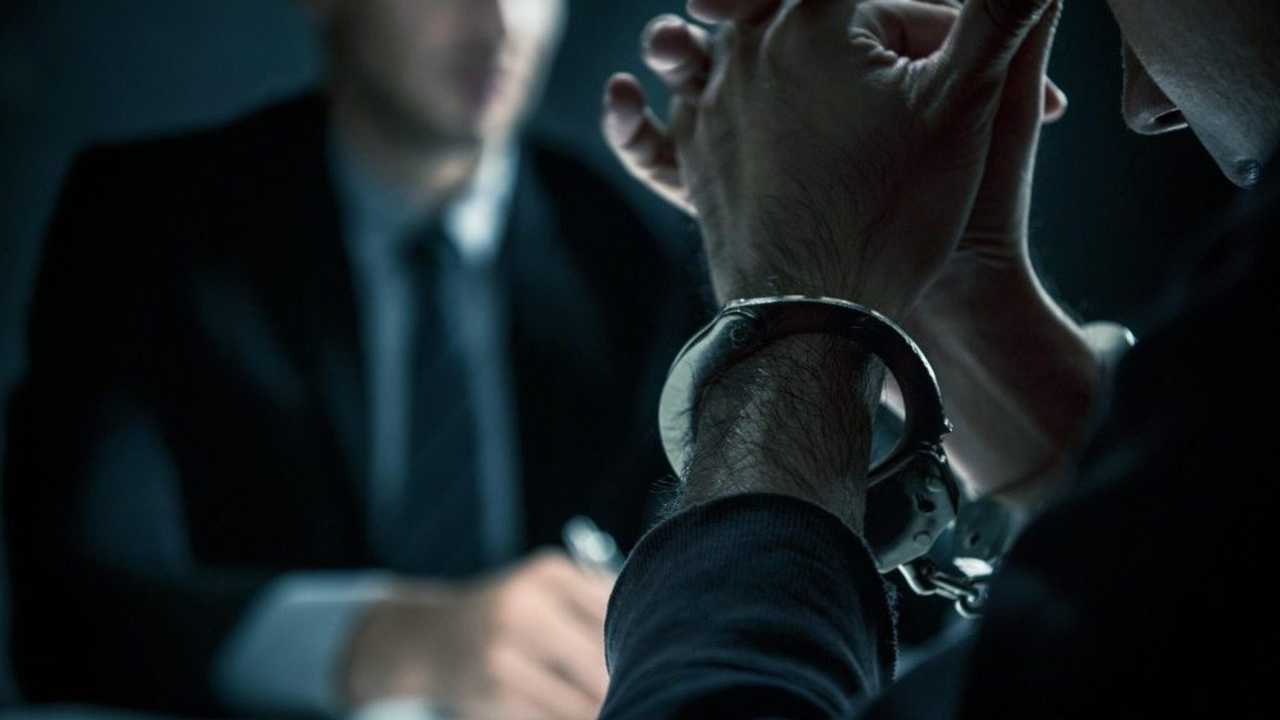

Sponsored Ads

Sponsored Ads

A criminal defense attorney is important in protecting your rights through the process. They make sure you get a fair trial, challenge illegal evidence presented against you, and ensure that your constitutional rights are known and argued in every phase of the case.
The best criminal defense attorneys use their expertise and experience to reveal the weaknesses in the prosecution's case and negotiate the best plea deal, all while representing you in court. The sections below discuss how they can fight for your rights.
Criminal Defense Lawyers Can Protect Your Rights
1. Thorough Investigation of the Case
Generally, the work of a criminal defense attorney will begin with an extensive investigation into all aspects of the case: police reports, witness statements, forensic evidence, and any video that may be available. Many times, a defense attorney will hire experts in an effort to discredit the theories of the prosecution or offer alternative explanations.
More precisely, if there's any exculpatory evidence, things that show one is innocent, these should be collected immediately. It may be that an investigation into the case reveals some inconsistencies in the prosecution case.
2. Protection Against Unfair Charges
An important role of a defense attorney is to protect the accused from charges that are not supported by the facts. They can negotiate with the prosecutor for a reduction in, or dismissal of, charges due to insufficient evidence or defective legal procedures.
These will include arguments that certain charges do not meet the legal criteria or that a violation of rights during the investigation should lead to a dismissal. In other cases, it may be possible for the attorney to negotiate a plea bargain with a lesser sentence or a lesser charge.
3. Safeguarding Your Constitutional Rights
One of the most critical functions that a criminal defense attorney can provide is to ensure your constitutional rights have been protected from the inception to the conclusion of the case. These are rights against self-incrimination, for a fair trial, for legal counsel, and those against unreasonable searches and seizures.
If law enforcement violates your rights, for example, by conducting an illegal search or interrogation, your attorney can file motions to suppress any evidence obtained in violation of your rights. If the evidence is excluded from the case, it weakens the prosecution’s case and can lead to the charges being reduced or dismissed.
4. Effective Communication with Law Enforcement
A defense attorney will stand between you and law enforcement. They ensure that any communications with the police or detective do not result in self-incrimination.
For instance, when the police question you, your lawyer can guide you on what to say, including how to phrase the words to avoid utterances that will implicate you. Equally important, your attorney ensures that you are not threatened to say or even present any form of evidence against you. This is aimed at shielding you from making some costly errors while in the investigation process.
5. Presenting a Strong Defense in Court
If your case goes to trial, then your criminal defense attorney will formulate and implement a solid defense. This may be done by attacking evidence presented by the prosecution, presenting contradicting evidence, or impeaching some of the important witnesses.
For example, the lawyer may cross-examine the witness to show the inconsistencies in the testimony or discredit the reliability of witnesses.
Also, your lawyer might use an affirmative defense, a type of self-defense, or mistaken identity defense, through which the defense will establish that the defendant did not commit the crime. In more complex cases, expert witnesses can be brought in to dispute forensic evidence or even that the crime couldn't have happened as explained by the prosecution. The aim is to instill reasonable doubt in the minds of the jury, and that's required for a not-guilty verdict.
Sponsored Ads

Sponsored Ads

